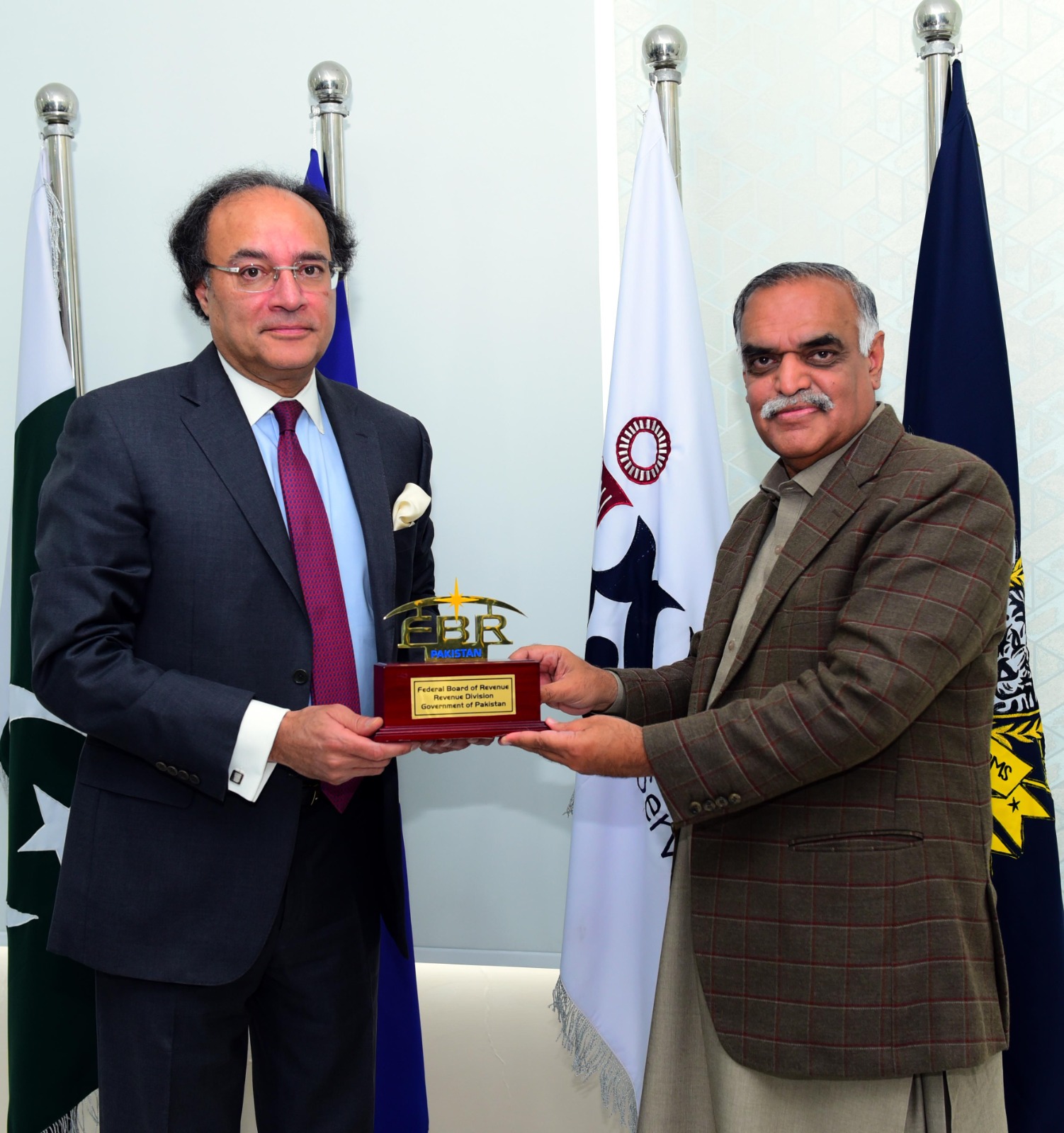Mohsin Siddiqui (Chief Reporter)
Prime Minister Shahbaz Sharif has rejected two major budgetary proposals from the Federal Board of Revenue (FBR) aimed at increasing revenue through tax hikes. The proposals included raising the standard rate of sales tax from 18% to 19% and imposing an 18% sales tax on petroleum products, also referred to as a “Carbon Tax.” The Prime Minister turned down these suggestions due to their immediate inflationary effects on the general public, urging the FBR to explore alternative revenue-generating measures that would not burden ordinary citizens.
The FBR had proposed a 1% increase in the sales tax rate, from 18% to 19%, which was expected to generate additional revenue of Rs40-50 billion for the fiscal year 2024-25. However, Prime Minister Shahbaz Sharif rejected this proposal, emphasizing its potential to escalate inflation and adversely affect the general populace. The inflationary impact of such a tax hike was deemed unacceptable, leading to the dismissal of this revenue-raising strategy.
The second proposal from the FBR involved imposing an 18% sales tax on petroleum products. This measure, too, was expected to have significant inflationary consequences, directly impacting the cost of living for the public. Given the essential nature of petroleum products and their widespread use in transportation and other sectors, the Prime Minister decided against this proposal as well.
In light of the rejection of these proposals, Prime Minister Shahbaz Sharif has directed the FBR to improve its enforcement and administrative measures. He urged the drafting of alternative proposals targeting untaxed or under-taxed sectors of the economy. By focusing on these areas, the government aims to enhance revenue without placing an additional financial burden on the general public.
The Prime Minister also instructed the FBR to develop proposals for increasing taxes on non-essential and luxury items. This approach is intended to target high-end consumers and luxury goods, which are less likely to affect the broader population’s cost of living. By taxing luxury items more heavily, the government hopes to generate significant revenue while minimizing the inflationary impact on essential goods and services.
Sources indicate that out of the total proposed measures amounting to Rs1,200 billion to Rs1,300 billion, the government is likely to approve measures worth approximately Rs400-500 billion. This selective approval process underscores the government’s intent to balance revenue generation with economic stability and public welfare.
Prime Minister Shahbaz Sharif’s rejection of the FBR’s initial proposals highlights a cautious approach to fiscal policy, prioritizing the mitigation of inflationary pressures on the public. The focus on improving enforcement and targeting untaxed sectors reflects a strategic shift towards more sustainable revenue sources. This strategy aims to broaden the tax base and ensure that the tax burden is more evenly distributed across different segments of the economy.
By directing the FBR to consider taxes on non-essential and luxury items, the government is also signaling a commitment to equity in tax policy. This move is likely to garner public support as it targets wealthier individuals and sectors, rather than imposing additional costs on essential goods that affect the broader population.




